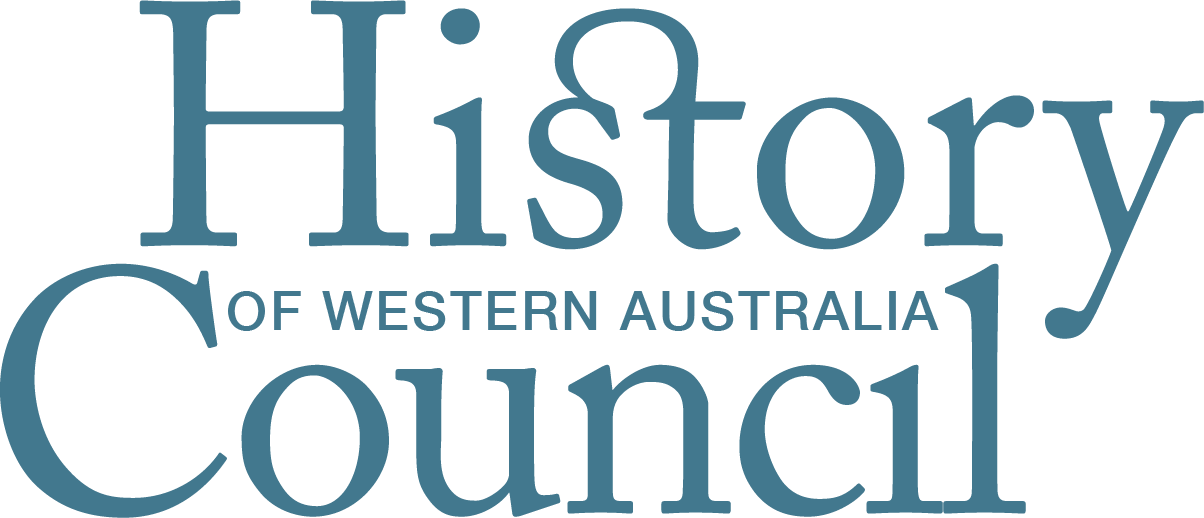Feature Article – Mead Farm, Leda
William Mead’s house (built c.1860) as it stands today, image courtesy of Peel Horsepower
As a horse enthusiast, former Riding Develops Abilities (RDA) volunteer and as a local, Heritage listed Mead Farm in Leda, between Rockingham and Kwinana, is of interest to me. The site has recently been given a new lease of life by local Not-for-Profit organisation Peel Horsepower (Formerly Peel RDA) and the WA State Govt. Associated with the Mead family who were pioneers in this State and owned the farm for over 130 years, much of the existing fabric of the building features in the family’s history, illustrating aspects of their lives.
The place is historically significant as one of the earliest land grants in the area, and combines with other remaining homes such as Key Cottage, Smirk’s Cottage, Paradise Cottage and Pines Cottage to form a precinct that represents the early settlement of the East Rockingham district.
The farm is among a number of significant sites in the area which provide the district with a sense of history and permanence. The farm has aesthetic value as a distinct cultural environment, being an intact collection of vernacular farm buildings of the 19th century within a cleared pasture setting surrounded by native bushland. The close proximity of Lake Cooloongup further enhances the setting of the place.
William Mead’s house (built c.1860) as it stands today, image courtesy of Peel Horsepower
The site was first purchased by Henry Mead c.1854. Henry was later joined by his brother, William Mead c.1860s. While Henry’s purchase was finalised in 1857, William himself was not granted title to the land until 1878. The property was named Lealholm after the village in Yorkshire from which the Mead brothers had come and was used primarily to raise small animals (larger animals were grazed on the commonage on the west side of Mandurah Road until at least the 1960s) and grow vegetables, crops and fruit trees. In 1860, William planted approximately 70 fig trees near where the ruined dairy now stands and along the drive. The first house built on the property was a wattle-and – daub one-roomed dwelling (no longer extant), while the second house, was built using limestone obtained from the property and was believed to have been constructed in time for William’s wife and children to move into, c.1860. In 1895 a third and larger house was built closer to Mandurah Road, using stone sourced from the swamp land on the other side of the road, between Office and Dixon Roads.
A barn and shed were constructed at about the same time as the house, which by this time was occupied by William’s eldest daughter Hannah, and her husband (and first cousin) George Mead and eight children. After George’s death in 1917, his third son Andrew took over the farm, and along with his wife, Muriel (nee Pollard), planted the peppermint tree still standing in the backyard from seed obtained on their honeymoon in Busselton. During the inter-war years, Andrew Mead bought up a substantial amount of East Rockingham land and established a dairy herd at Lealholm, it was also during this time that much of the land was cleared by local men. Following Andrew’s death in 1946, Lealholm was run by his sons Murray and Colin, and it was not long after, in the early 1950s, that the government resumed part of the Mead property for the future suburb of Medina. Despite the deaths of both Murray and Colin during this decade, and the cessation of dairying operations forced by the subdivision of the land, the Mead family descendants continued to occupy the property until 1989, when it was finally sold to the government.
Peel Horsepower (Formerly Peel RDA) were granted a peppercorn lease by the WA government to occupy the Mead Farm site in Leda in late 2017. The historic homestead will undergo a significant renovation to make it suitable for the new occupants. New tearooms will be created in a bid to drive more tourism in the area. Horsepower is aiming to manage the site according to environmental best practice by controlling weeds, managing dieback and managing the wetland interface. Peel RDA received $750,000 under the State Government’s Local Projects, Local Jobs program for the project. Agistment for their horses and ponies will also be available, saving unnecessary travel for volunteers.
Horsepower are delighted with their new home, which allows for better infrastructure for their organisation and which will also preserve an important part of Rockingham’s history for future generations. Mead farm is the only one of a number of similar heritage places in need of active renovation in the area in order to prevent time and decay removing community history forever.
Over the next months as the project continues, when you are south of the river take a moment to check out the site, enjoy its equine inhabitants and appreciate the rejuvenation of a Heritage community landmark.
Sally Davies
Sources: http://inherit.stateheritage.wa.gov.au/Public/Inventory/Details/042ae17a-1cef-45ea-9633-b2f859ecd76a


